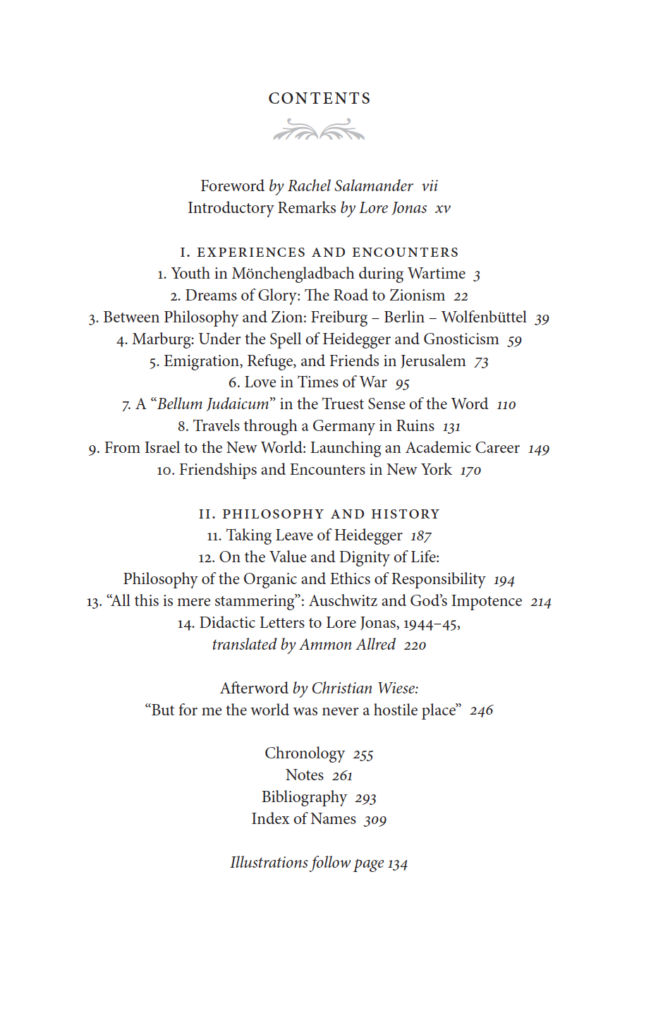We may be catching up with Jonas. With the growing realization that he was struggling with issues that have become our most urgent problems today, nothing would be more timely than a rediscovery of the richness, insight, humaneness and relevance of this remarkable philosopher and human being.








